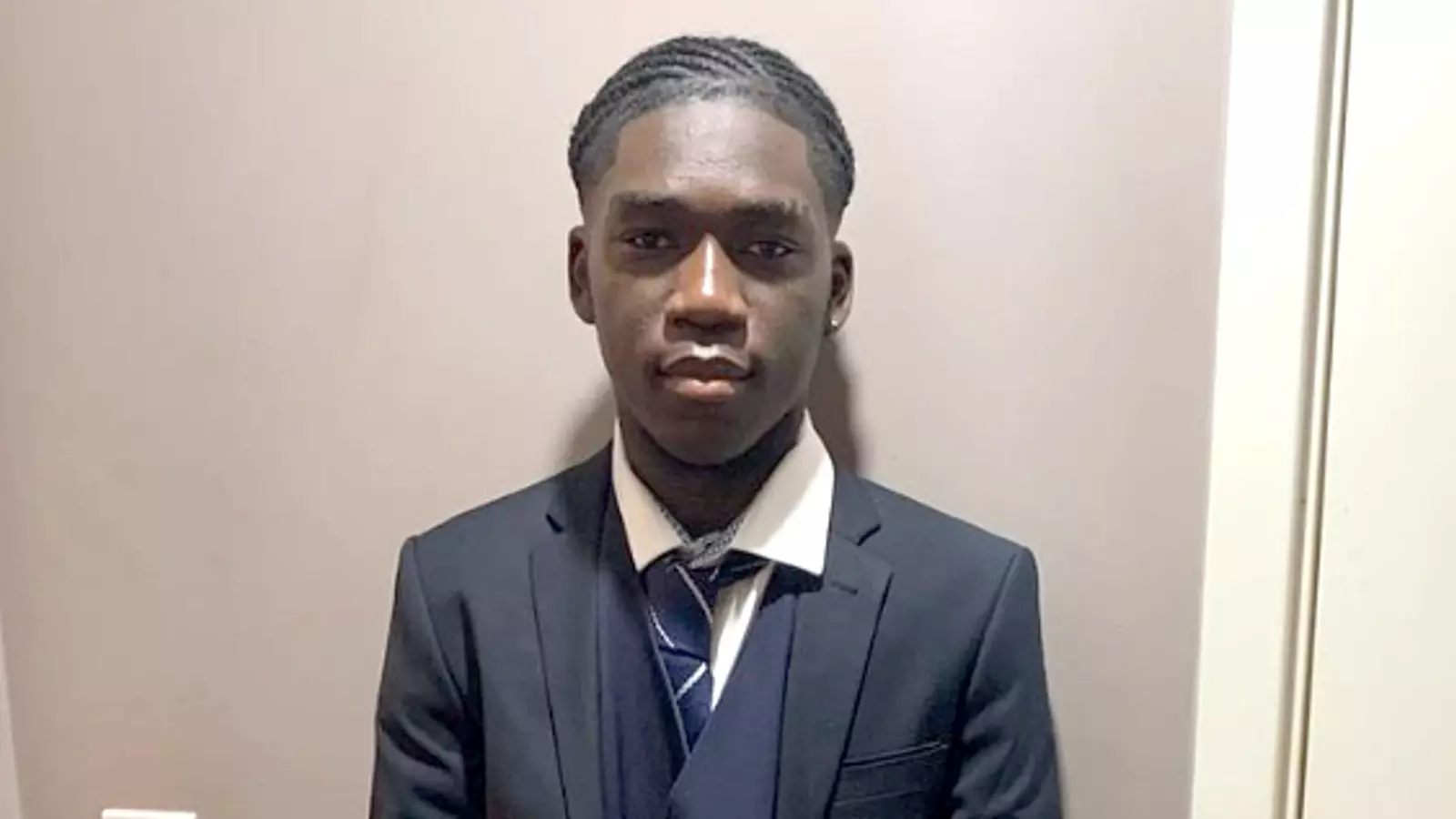In a disheartening turn of events, an 18-year-old British man, Marcus Fakana, has found himself entangled in the unforgiving legal web of Dubai following a summer romance. The situation unfolded during a family vacation in the United Arab Emirates (UAE), where Fakana met a 17-year-old girl from London. Their affection, initially characterized by youthful exuberance, soon morphed into a legal nightmare that highlights the complexities of international law and cultural differences. Sentenced to a year in prison, Fakana’s case serves as a jarring reminder of how quickly innocent experiences can escalate into dire legal consequences in regions with stringent laws.
Fakana’s ordeal reached a peak when he was apprehended without warning at the family hotel, leaving him bewildered and alone in a foreign jurisdiction. The unexpected intervention by authorities—spurred by the girl’s mother discovering their private messages post-holiday—painted a grim picture of how delicate young romances can become under harsh legal scrutiny. The charge against Fakana, deeply rooted in the legalities surrounding age and consent in the UAE, reflects broader challenges that young travelers face in understanding and respecting the laws of other countries.
The head of the campaign group Detained in Dubai, Radha Stirling, expressed profound disappointment over the treatment of Fakana, labeling it a “disgrace.” Such sentiments resonate with many who feel that the British government failed to offer adequate support during a time of crisis. With troubling allegations that legal protocol may have been mishandled, questions arise regarding the effectiveness of the UK’s foreign office in safeguarding its citizens abroad.
The stark contrast between UK and UAE laws serves as a crucial plot point in this unfortunate saga. With the age of consent being 18 in the UAE, legal repercussions can swiftly ensue for perceived sexual misconduct, a reality that can appear inconceivable to individuals from more liberal societies. The insistence of the UAE judicial system on protecting minors, as articulated by prosecutors, underscores a commitment to a legal framework that may seem rigid and unforgiving to outsiders.
Compounding the distress surrounding the case are broader implications regarding how foreign nationals are treated under UAE laws. The striking differences in cultural values, paired with a legal system that is committed to its own frameworks, can leave travelers vulnerable and unprotected. The case of Marcus Fakana thus necessitates a critical examination of the responsibilities of governments to educate their citizens about overseas legal frameworks and the potential consequences of cultural misunderstandings.
As Fakana contemplates an appeal, the urgency for intervention has been vocalized by both him and his family, who have reached out to UK Foreign Secretary David Lammy for assistance. The case has triggered a broader discussion about how governmental bodies can provide support for citizens vulnerable to the complexities of foreign legal systems. It poses essential questions about the adequacy of consular support in situations where young individuals find themselves in precarious international predicaments.
As public attention mounts, it becomes essential to recognize that the landscape of international travel is fraught with risks, especially for the young and naive. This tragic chapter from Fakana’s life is a compelling case study on the need for enhanced understanding of cultural distinctions and legal norms, paving the way for more informed and responsible travel in the global landscape.


Leave a Reply